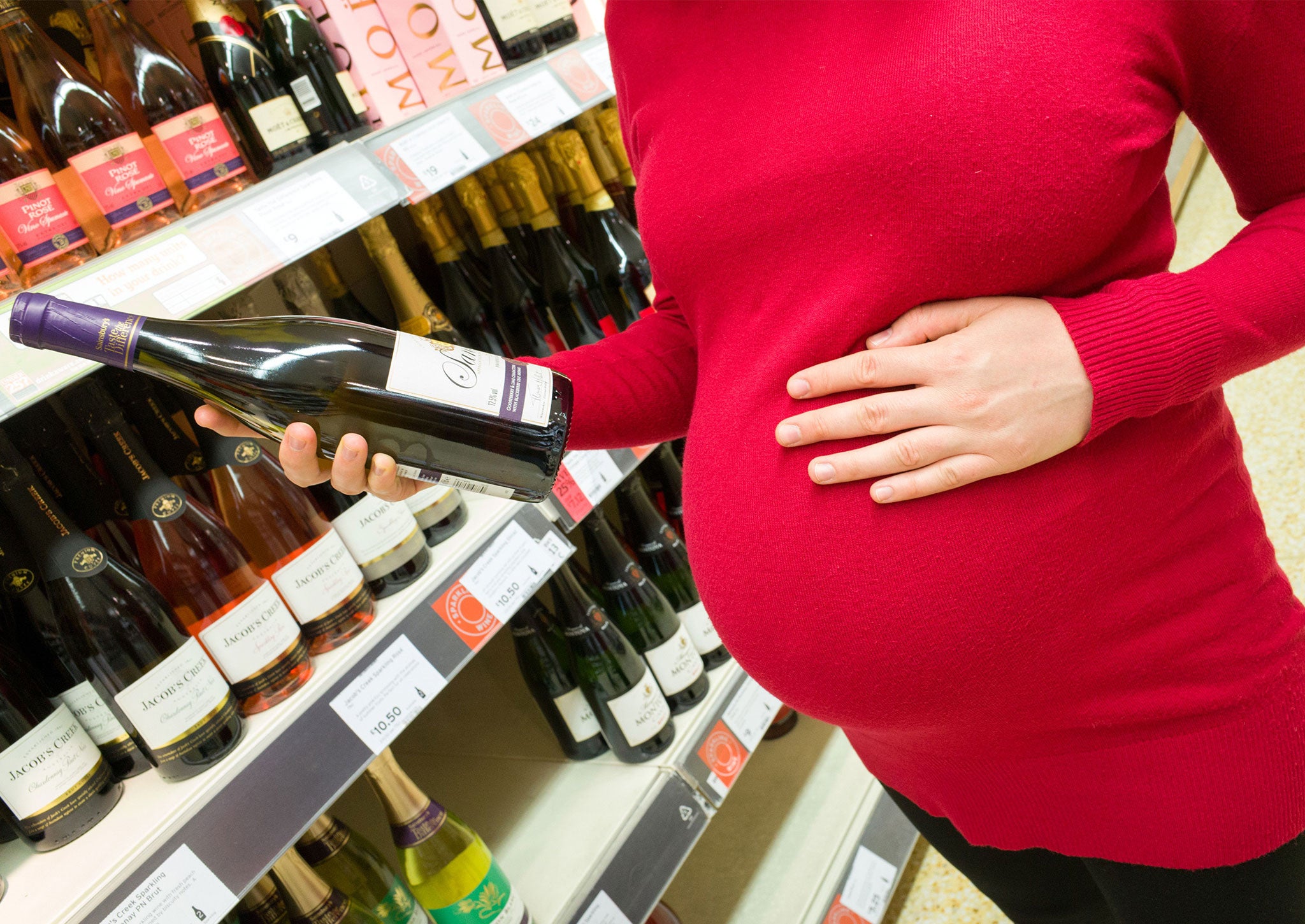Drinking while pregnant is not a crime, and never should be
To hold pregnant women legally accountable for the healthy development of their fetus is plain wrong

Today at the Court of Appeal, a council in the North-West of England is seeking to prove that the mother of a six-year-old girl born with Fetal Alcohol Syndrome (FAS) committed a crime under the Offences Against the Persons Act 1861 by drinking alcohol during pregnancy.
This case could seriously undermine women's autonomy while pregnant, and their freedom to make decisions for themselves. That is why the abortion and advice charity British Pregnancy Advisory Service (BPAS), along with Birthrights, is intervening in the case.
The case being heard today could bring about a fundamental change in the law regarding women’s liability during pregnancy for what they eat and drink. Similar developments in US have resulted in women being sent to jail.
Aware of the destructive impact this has had, the American organisation National Advocates for Pregnant Women (NAPW) have called on the court to "reject efforts to create criminal penalties as a mechanism for addressing health problems women may face during pregnancy."
Already in Britain, there is a powerful cultural expectation around the need for pregnant women to behave differently to other women. This can have a big impact, particularly on women who find themselves unintentionally pregnant, sometimes after a big night out, and come to BPAS worried that they have damaged the fetus and ought to have an abortion.
This case could fuel the expectation that a woman who has drunk alcohol during pregnancy should face criminal sanction, or seek an abortion. Is that really what anybody wants?
BPAS supports all the women we see in their pregnancy choices – whether terminating the pregnancy, continuing the pregnancy, or considering adoption. Our core philosophy is that women should be supported to make the choice that is right for them.
We will never encourage women to have an abortion, even if she feels that her lifestyle or behaviour may have harmed the development of her fetus. Nor will we encourage a woman to continue her pregnancy, if she feels that she needs to have an abortion.
This means that it is important that we can provide the women whom we see with accurate information regarding her rights under the law. While drinking heavily during pregnancy is certainly not advisable, it is not a crime.
Furthermore, the scientific evidence about the risk of Fetal Alcohol Syndrome, particularly in relation to low to moderate levels of drinking, is far less certain than public health messages often imply. FAS is a complex condition. It occurs in babies born to alcoholic women, yet even most babies of alcoholic women will not be affected. Other factors - including nutritional status, genetic make-up of mother and fetus, age and general health - are also believed to play a role.
To hold pregnant women legally accountable for the healthy development of their fetus is wrong in principle. This positions women’s bodies as incubators, and pregnant women as undeserving of the rights and freedoms that other women hold, to decide how to conduct their everyday lives.
This development also has some tragic everyday consequences. There are so many factors that can cause problems for the developing fetus; and to make women feel that they have alone have caused those problems and can prevent them places upon them a terrible burden of guilt and responsibility.
It is both for the principle of reproductive autonomy, and the experience of pregnant women, that we are challenging the idea that it should be a crime to drink in pregnancy.
Ann Furedi is the chief executive of BPAS
Join our commenting forum
Join thought-provoking conversations, follow other Independent readers and see their replies
Comments
Bookmark popover
Removed from bookmarks